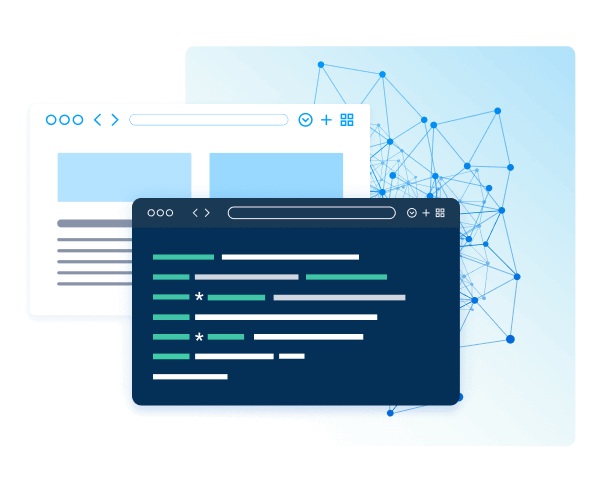Discover how a bimodal integration strategy can address the major data management challenges facing your organization today.
Get the Report →Create a Data Access Object for Jira Data using JDBI
A brief overview of creating a SQL Object API for Jira data in JDBI.
JDBI is a SQL convenience library for Java that exposes two different style APIs, a fluent style and a SQL object style. The CData JDBC Driver for Jira integrates connectivity to live Jira data in Java applications. By pairing these technologies, you gain simple, programmatic access to Jira data. This article walks through building a basic Data Access Object (DAO) and the accompanying code to read Jira data.
About Jira Data Integration
CData simplifies access and integration of live Jira data. Our customers leverage CData connectivity to:
- Gain bi-directional access to their Jira objects like issues, projects, and workflows.
- Use SQL stored procedures to perform functional actions like changing issues status, creating custom fields, download or uploading an attachment, modifying or retrieving time tracking settings, and more.
- Authenticate securely using a variety of methods, including username and password, OAuth, personal access token, API token, Crowd or OKTA SSO, LDAP, and more.
Most users leverage CData solutions to integrate Jira data with their database or data warehouse, whether that's using CData Sync directly or relying on CData's compatibility with platforms like SSIS or Azure Data Factory. Others are looking to get analytics and reporting on live Jira data from preferred analytics tools like Tableau and Power BI.
Learn more about how customers are seamlessly connecting to their Jira data to solve business problems from our blog: Drivers in Focus: Collaboration Tools.
Getting Started
Create a DAO for the Jira Issues Entity
The interface below declares the desired behavior for the SQL object to create a single method for each SQL statement to be implemented.
public interface MyIssuesDAO {
//request specific data from Jira (String type is used for simplicity)
@SqlQuery("SELECT TimeSpent FROM Issues WHERE ReporterDisplayName = :reporterDisplayName")
String findTimeSpentByReporterDisplayName(@Bind("reporterDisplayName") String reporterDisplayName);
/*
* close with no args is used to close the connection
*/
void close();
}
Open a Connection to Jira
Collect the necessary connection properties and construct the appropriate JDBC URL for connecting to Jira.
To connect to JIRA, provide the User and Password. Additionally, provide the Url; for example, https://yoursitename.atlassian.net.
Built-in Connection String Designer
For assistance in constructing the JDBC URL, use the connection string designer built into the Jira JDBC Driver. Either double-click the JAR file or execute the jar file from the command-line.
java -jar cdata.jdbc.jira.jar
Fill in the connection properties and copy the connection string to the clipboard.

A connection string for Jira will typically look like the following:
jdbc:jira:User=admin;Password=123abc;Url=https://yoursitename.atlassian.net;
Use the configured JDBC URL to obtain an instance of the DAO interface. The particular method shown below will open a handle bound to the instance, so the instance needs to be closed explicitly to release the handle and the bound JDBC connection.
DBI dbi = new DBI("jdbc:jira:User=admin;Password=123abc;Url=https://yoursitename.atlassian.net;");
MyIssuesDAO dao = dbi.open(MyIssuesDAO.class);
//do stuff with the DAO
dao.close();
Read Jira Data
With the connection open to Jira, simply call the previously defined method to retrieve data from the Issues entity in Jira.
//disply the result of our 'find' method
String timeSpent = dao.findTimeSpentByReporterDisplayName("Bob");
System.out.println(timeSpent);
Since the JDBI library is able to work with JDBC connections, you can easily produce a SQL Object API for Jira by integrating with the CData JDBC Driver for Jira. Download a free trial and work with live Jira data in custom Java applications today.





